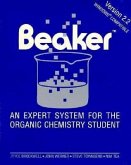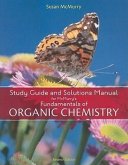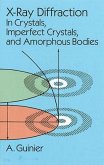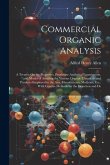This brief guidebook assists you in mastering the difficult concept of pushing electrons that is vital to your success in Organic Chemistry. With an investment of only 12 to 16 hours of self-study you can have a better understanding of how to write resonance structures and will become comfortable with bond-making and bond-breaking steps in organic mechanisms. A paper-on-pencil approach uses active involvement and repetition to teach you to properly push electrons to generate resonance structures and write organic mechanisms with a minimum of memorization. Compatible with any organic chemistry textbook.
Hinweis: Dieser Artikel kann nur an eine deutsche Lieferadresse ausgeliefert werden.
Hinweis: Dieser Artikel kann nur an eine deutsche Lieferadresse ausgeliefert werden.

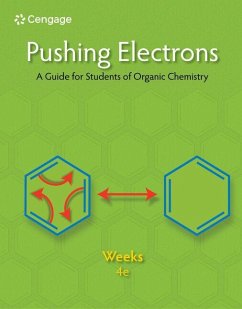
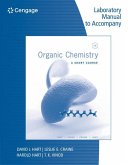
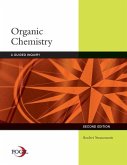
![Techniques Labs for Macroscale and Microscale Organic Experiments [With Coursemate] Techniques Labs for Macroscale and Microscale Organic Experiments [With Coursemate]](https://bilder.buecher.de/produkte/31/31808/31808294m.jpg)
